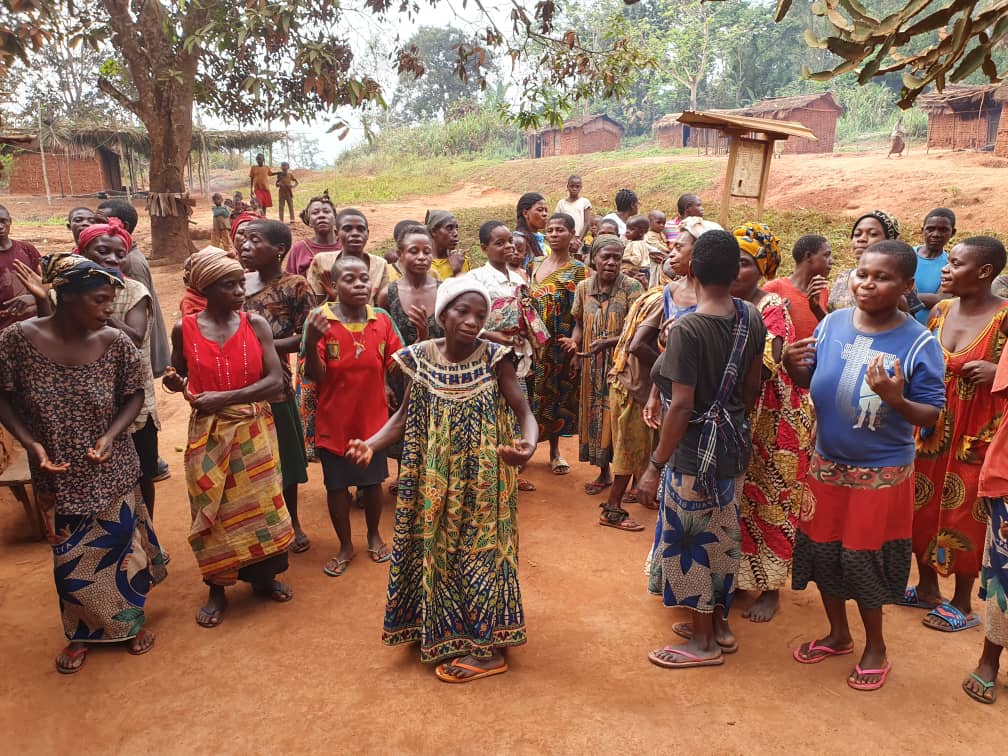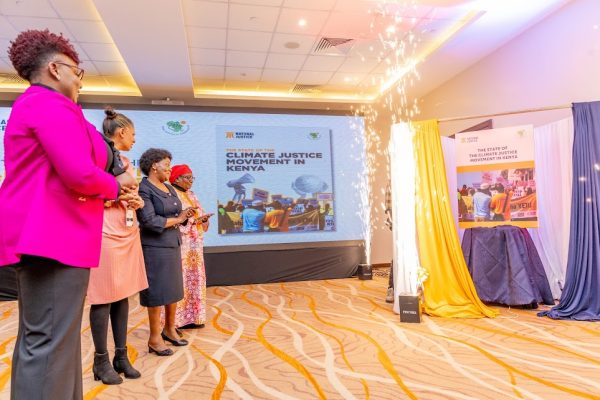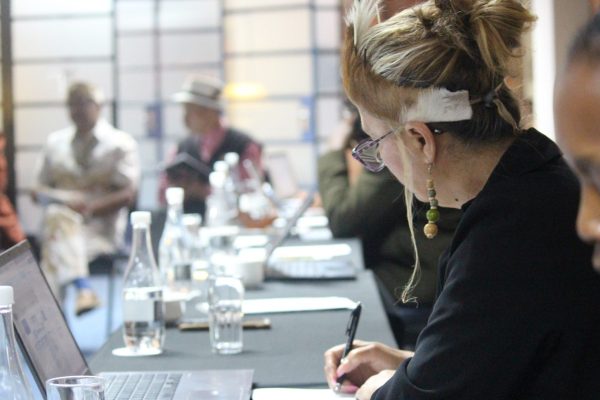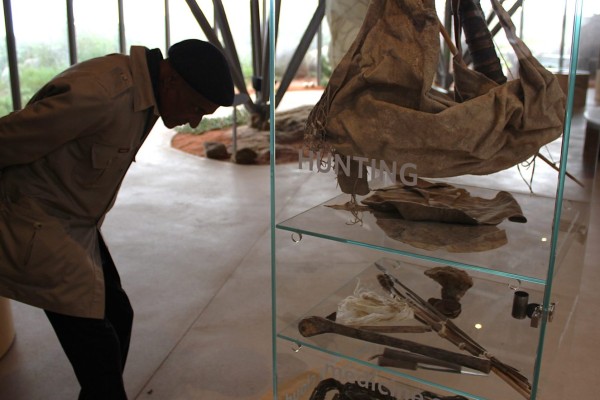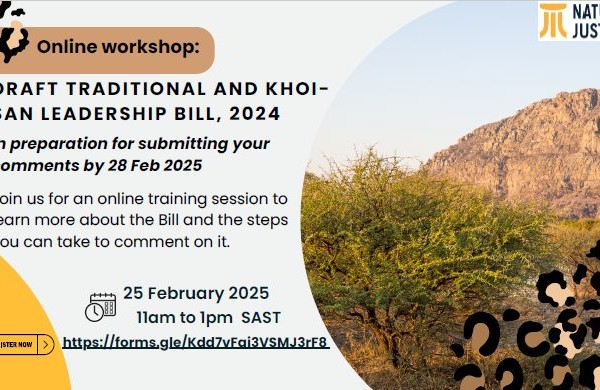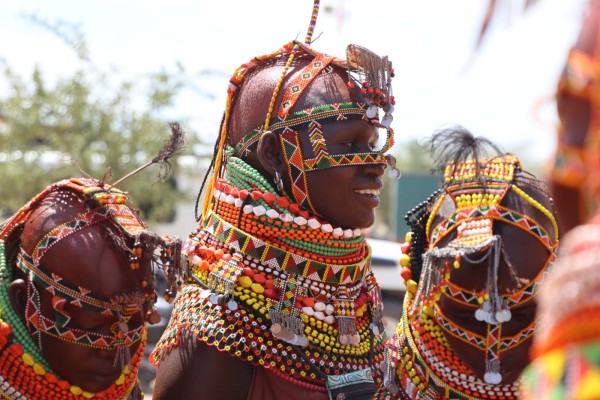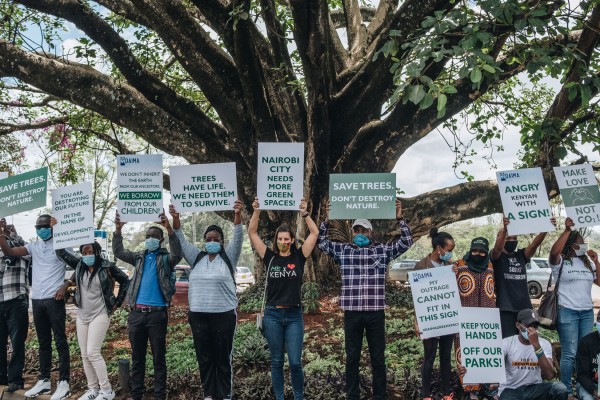The Baka and Bantu are two ethnic groups who live here and supply non-timber forest products to various private companies. Among them is a foreign company that is currently seeking access to a local resource for cosmetic use. In order to comply with Access and Benefit Sharing (ABS) rules, the company is planning to negotiate a benefit-sharing agreement with the communities of Mintoum. This has motivated the two ethnic groups to develop a community protocol. This commitment was documented by the communities themselves after various consultation meetings.
Natural Justice and the ABS Initiative are supporting them in this process through a joint initiative of GIZ regional support project, COMIFAC, and GIZ BioInnovation Africa.
The Bantu and Baka of Mintoum decided to develop a community protocol to prepare and organise themselves for the negotiations, but also for what will happen afterwards as they are involved in the resource value chain. This will reduce the risks of misunderstandings and eventual conflicts linked to the conclusion and application of the agreements that will be concluded between the communities and the company and its partners. Through their protocol, the two ethnic groups want to establish a collective agreement on how each will participate in the decisions that will be taken in relation to the access request and beyond. They also want to clarify the rights of each or how any benefits could be shared and enjoyed equitably among the members of the village. This last point has proven to be a recurring problem.
The initial conversations allowed communities to see the development of their protocol as an opportunity to address other major challenges. The protocol could be a way to improve relations between the two ethnic groups. Above all, it could serve as an empowerment tool for the Baka. The Baka are forest peoples who have been moved to the village of Mintoum. They are part of the vulnerable peoples in Cameroon. In spite of everything, the Baka peoples continue to maintain strong biocultural links with their environment whose limits, according to customary conception, tend to go beyond administrative boundaries. Baka and Bantu have a different cultural system in many respects but live together under the same rules, those of the village.

Beyond ABS, the Baka would like to use the protocol to claim and assert their right to access parts of the forest which are prohibited. This would be for cultural and subsistence activities such as gathering or hunting. Indeed, by the age of five, a Baka child is already accompanying his parents into the forest, observing them and learning what they are doing. The child will be taught where to find and how to collect medicinal plants or how and where to find certain animals, for example. This is not for lack of alternatives, but it is an integral part of their identity and way of life. Including this in the Community Protocol will make it possible to communicate their way of life and promote their consideration and respect by other actors. The same is true for the Bantu with their customary and traditional rules related to their land and resources. The Community Protocol will, therefore, have to ensure that the specificity of the traditions and customs of the Baka and the Bantu, each on their own and together, is taken into account.
For “together we are stronger…diversity is a strength” according to a speech expressed during a community meeting.

